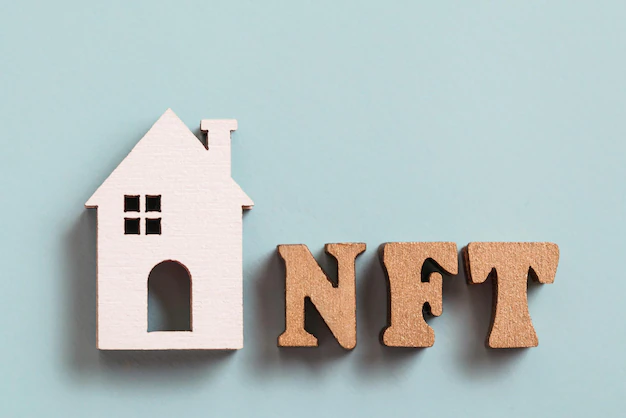Despite the naysayers, there is a strong need for real estate to embrace the NFT revolution. While real estate has always been a lucrative business, it may be a better fit for digital assets. Blockchain technology allows the trading of digital assets frictionlessly, making it a good choice for this industry. The benefits of real estate NFTs outweigh the disadvantages.
Blockchain Role
A chain of title is a record of property ownership and is typically stored at a central location, verified by a government authority. The blockchain, on the other hand, is a decentralized database that acts as a ledger for many transactions. Although most people are familiar with blockchain in the context of cryptocurrency, it is also being applied to real estate. Tokenized properties are fractionally owned pieces of real estate that can be freely purchased and sold.
While NFTs can make real estate purchases easier, they have several drawbacks. First, NFTs can cause transaction fees to be higher. Furthermore, NFTs may not be ideal for purchasing real estate, where there are many parties. For example, the risk of fraud is much higher. Another disadvantage is the lack of transparency of the transaction. Second, NFTs do not have the same protections as regular mortgages.
NFTs Change The Way Eeal Estate Deals
Do you think real estate will incorporate NFT? Why not?? The promise of blockchain technology and the adoption of distributed ledger technology are both clear. It is possible that NFTs could change the way real estate deals are conducted. The blockchain is a decentralized system that allows the users to update their information in real time. Hence, real estate investors will be able to make smarter decisions and use it to their advantage.
Read More: What is the Future of Non-Fungible Tokens?
While the NFTs will be used for real estate transactions, the security issues involved with cryptocurrency are still an issue. For one, there are still significant concerns. Besides the privacy of users, NFTs can also cause identity theft. As such, it is important to consider these concerns in any NFT implementation. While NFTs may have some advantages, they should also be incorporated into real estate deals.
Drawbacks in Real Estate NFT
While NFTs are great for real estate, there are some drawbacks. While NFTs have some advantages, they aren’t a viable option for every real estate transaction. However, the advantages of using cryptocurrency in real estate are significant. If you want to buy or sell a property, you need to ensure that it has a low risk of scams.
While the NFTs aren’t yet ready for real estate, they are a great opportunity for the industry. They can help make real estate more efficient and profitable. They can be used to create mortgages, as well as crowdfunding opportunities. They can also be used for building projects and group investments. But, NFTs can be problematic for the real estate market. A more appropriate solution would be to use a standardized platform that allows for the exchange of mortgages.
Incorporating NFTs in real estate will not only help the industry, but it will also benefit consumers. It will not change the way we buy and sell real estate. But the idea of the NFT in real estate is interesting. It allows us to purchase a property with a unique digital title and avoid many of the problems that exist today. If we ever see this type of transaction, real estate will certainly be affected by the use of cryptocurrencies.
Conclusion
As for real estate, NFTs are a great way to transform the industry. Tokens are digital resources that provide the owner of a property with an unique identification. In real estate, NFTs will create an immutable ledger that makes property ownership more secure. While this might sound a bit complicated for consumers, it’s already a huge improvement for both buyers and sellers.




